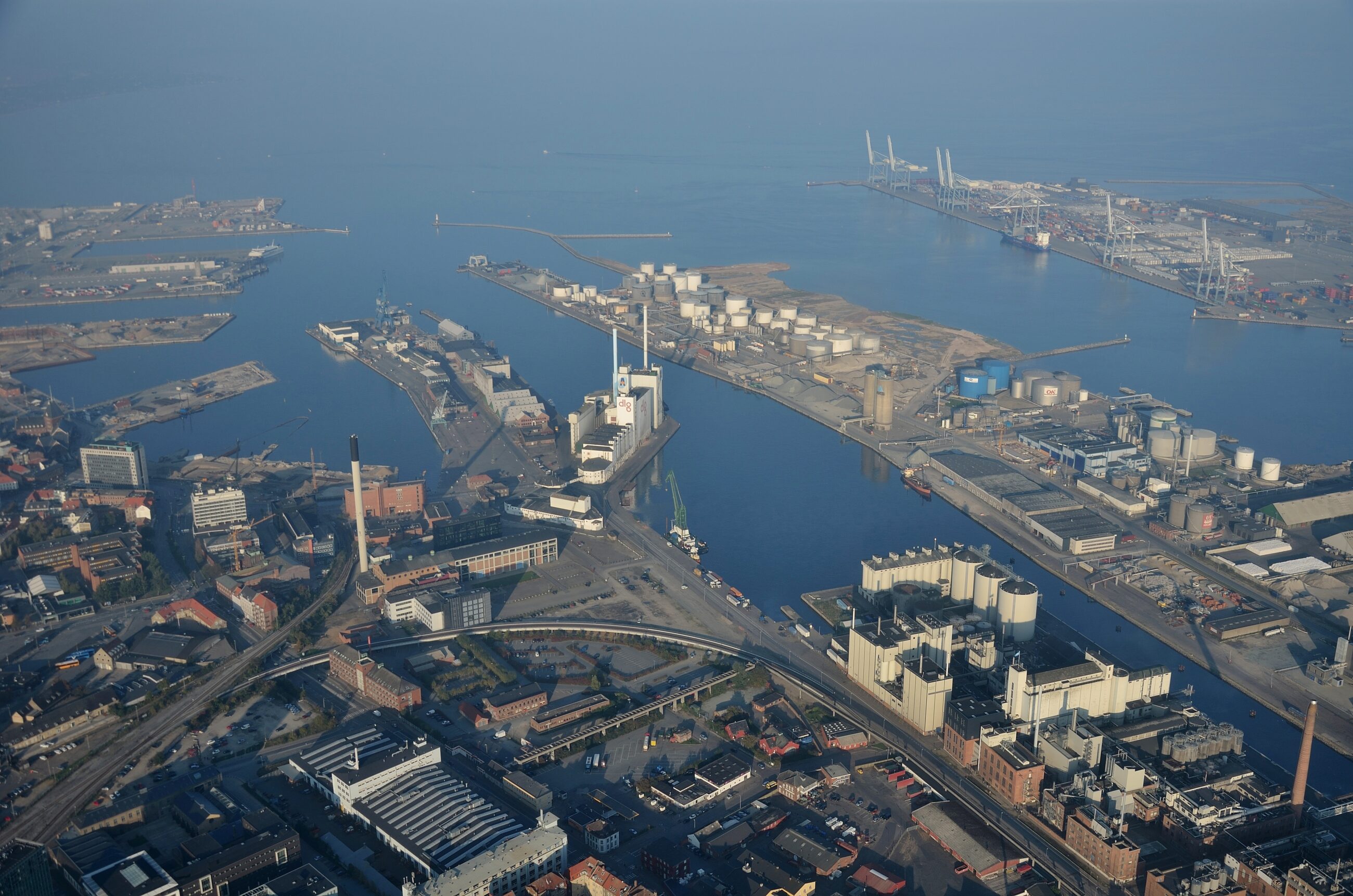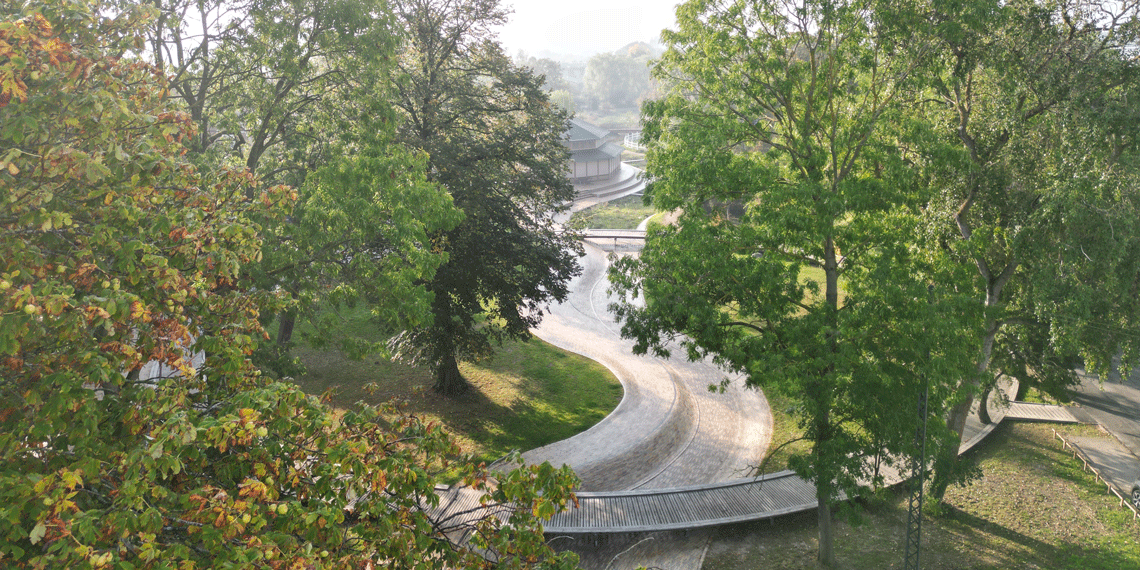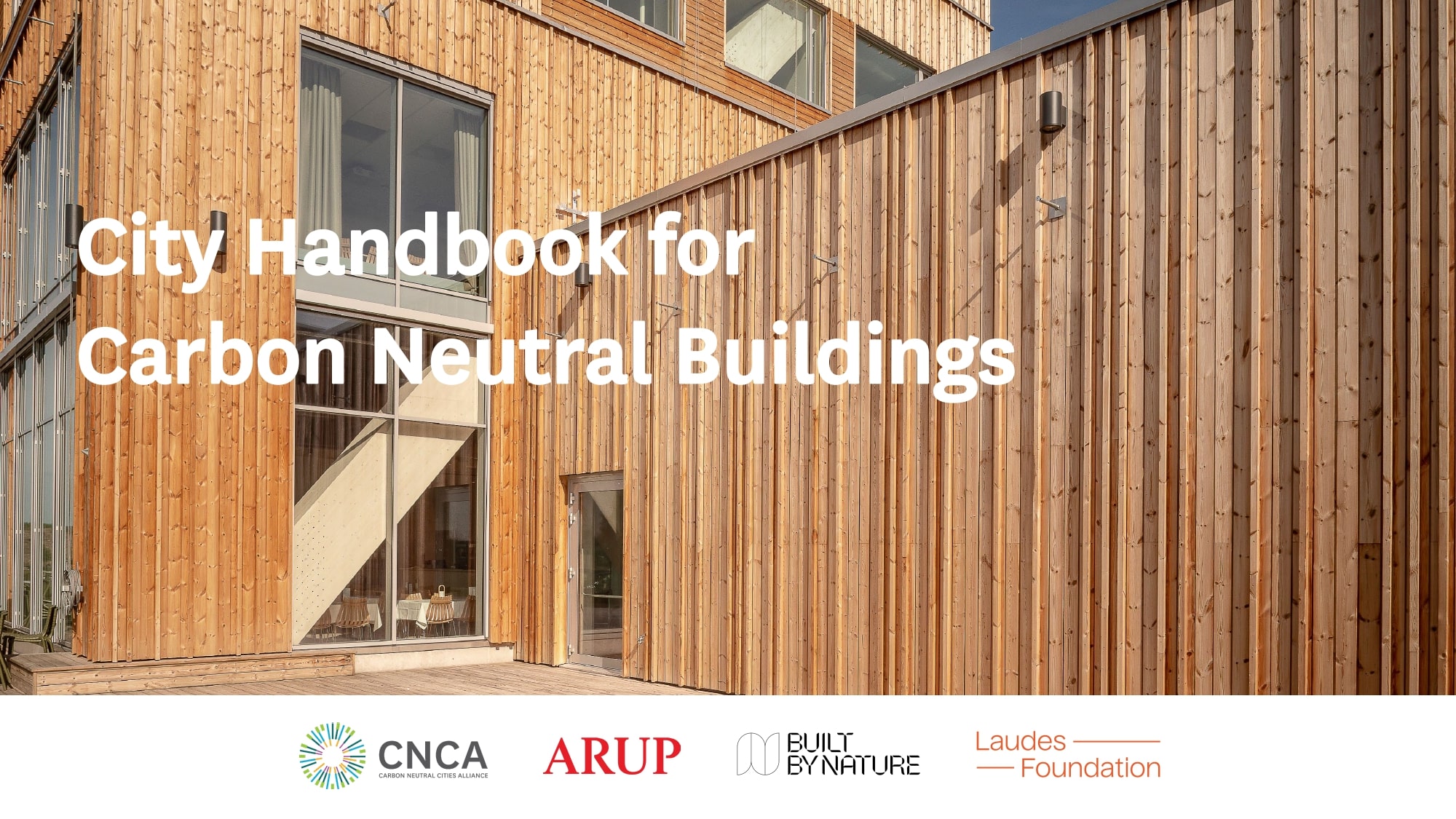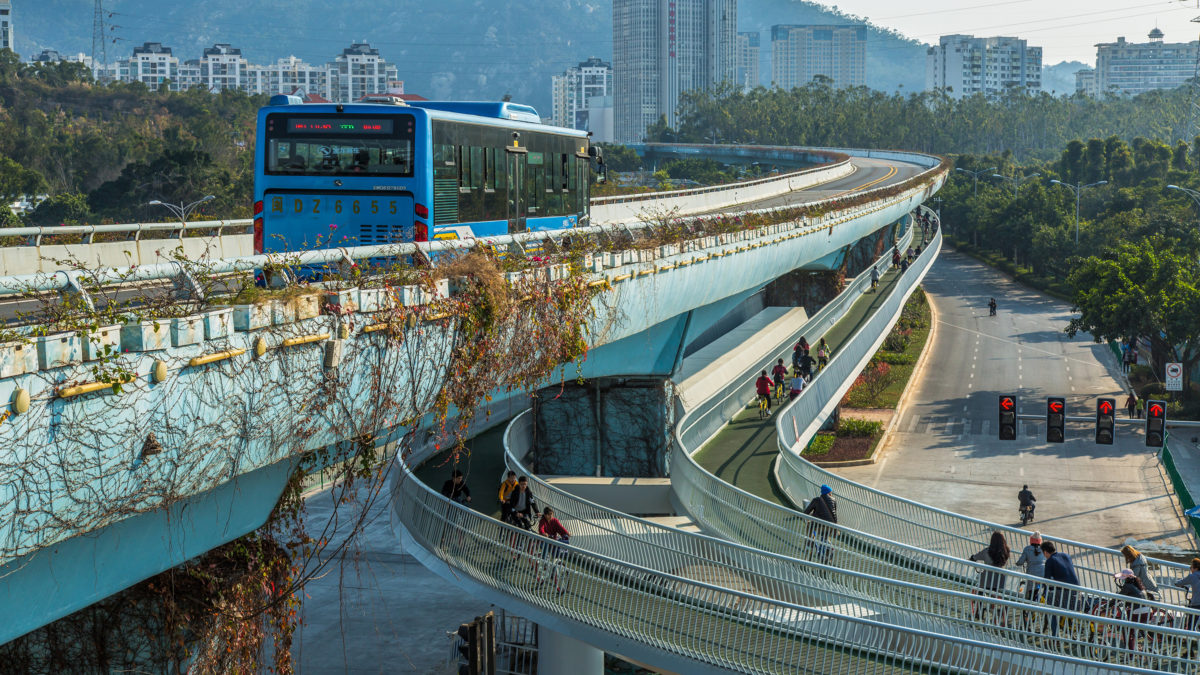News
Urban infrastructure planning
Aarhus University shines the spotlight on sustainable city development in October


Over the space of a day, more than 100 cities across the world will conduct Climathon, where individual cities gather stakeholders to help solve a specific local climate challenge.
Originally initiated by Climate-KIC (EU’s largest public private partnership addressing climate change through innovation to build a zero carbon economy), Climathon has developed into a global event that aims to draw attention to the role cities play in global warming and opportunities to reduce greenhouse gas emissions.
Climathon attempts to empower citizens to help devise solutions to climate challenges. During a 24-hour hackathon, diverse stakeholders such as entrepreneurs, students and developers gather to solve a climate challenge their city is facing. This year’s Climathon will see 185 cities from 62 countries participate.
-Related news: The world's biggest harbour bath inaugurated with a splash
Making Aarhus East green
For the first time Denmark’s second largest and fastest growing city Aarhus is participating in the global event. The Climathon is being hosted by Aarhus University, with the city’s government, Aarhus Municipality, as co-host. Climate KIC Nordic is facilitating the event.
Aarhus has ambitious climate plans, where it aims to achieve CO2-neutrality by 2030. However, the city needs to ensure that the rapid development it is experiencing will not affect the achievement of its climate goals. Therefore, Aarhus is hoping to develop solutions during the Climathon to ensure the East Aarhus area is transformed into a best practice case of sustainable city development. Aarhus East is the city’s former industrial harbour area that is evolving into a new residential and commercial district. The challenges is to ensure it does so in a sustainable manner.
-Related news: Power plant uses heat from the sea to warm up houses in Aarhus
‘’As a step towards a fossil free society, our goal is to become CO2-neutral by 2030. It is a process that must go hand-in-hand with the economic growth and intelligent city development. But what is the best way to do that? Aarhus East is a great case to work on, and we need to gather creative forces from the entire municipality to develop ideas on how to create the right settings for a green neighborhood, which could be a showcase for the rest of the world,’’ said Corneliu Barbu, Adjunct at Aarhus University School of Engineering.
The event takes place at Aarhus East in the university’s facilities at Navitas.
Watch a preview of Climathon:
Source: AU Engineering















